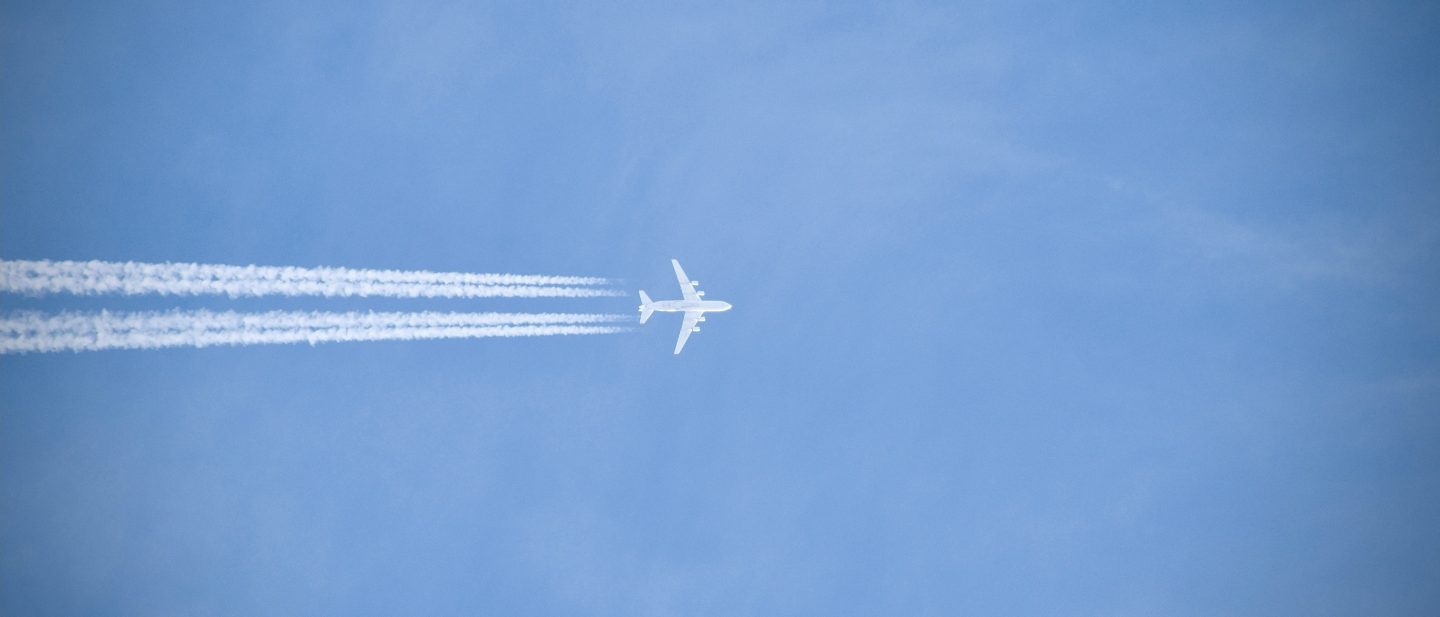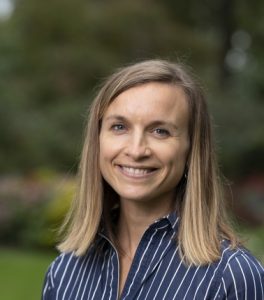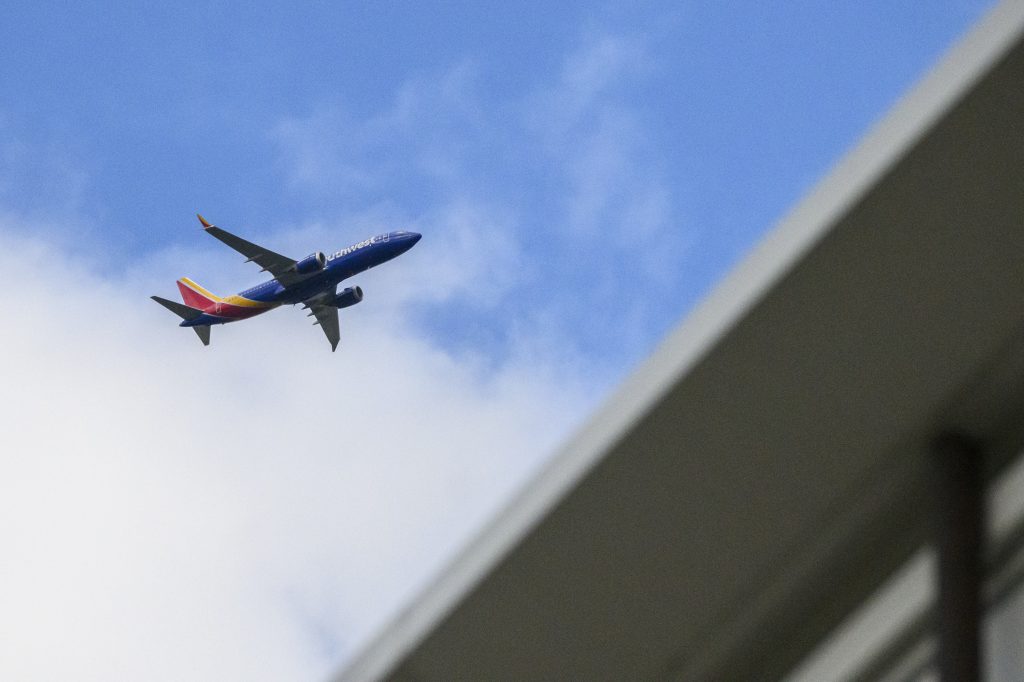
 Rose Weeks, a faculty member at the Johns Hopkins Bloomberg School of Public Health and DrPH student in Implementation Science, spearheads research on the environmental impacts of air travel to develop implementation strategies at JHU. Her work addresses today’s challenges and lays the groundwork for a sustainable future.
Rose Weeks, a faculty member at the Johns Hopkins Bloomberg School of Public Health and DrPH student in Implementation Science, spearheads research on the environmental impacts of air travel to develop implementation strategies at JHU. Her work addresses today’s challenges and lays the groundwork for a sustainable future.
When travel suddenly ceased during the pandemic, Weeks observed how conferences and scientific talks, hosted virtually instead of in person, began having unexpected benefits. Hundreds of participants could join from around the globe, including those from low-income settings or those unable to travel due to responsibilities at home. It also had environmental implications, possibly averting excess travel at a larger scale and joining other university-wide efforts to reduce greenhouse gas emissions.
As part of her doctoral studies, Weeks is now exploring best practices that optimize how we travel for work. Her research utilizes JHU’s Climate Action & Sustainability Plan goals to pursue these efforts and serves as an example of researchers using the university as a living lab for sustainability solutions.
We spoke with Weeks to learn about her research:
What has your research process been and how have you built partnerships within JHU?
Working with an engineering undergraduate, Roya Mansour, Weeks has researched scope three emissions — indirect emissions that are not owned or controlled by an organization, like air travel — from over 20 peer universities to craft a more informed implementation strategy for mitigation at JHU. Interesting findings included that nearly all such universities have long-term scope three emission reduction targets and one-third have interim goals to commit to steady progress over time. The leading scope three emissions source tracked by universities is air travel and some universities, like MIT, have launched dashboards to report on it. At least a third of institutions plan to use carbon offsets to meet net zero goals specifically for air travel, in the absence of available and scalable technologies to reduce emissions significantly by 2050.
Now, Weeks is interviewing faculty and administrative leaders to understand their perspective on the significance of air travel emissions to sustainability goals — and the potential implementation challenges and opportunities to address these emissions.
“We are tapping into the insight of our brilliant faculty and talented and committed administrative leaders to understand potential strategies for the scope 3 activities that our peers have taken on.”

This collaborative effort engages undergraduate students such as Mansour, the JHU Office of Sustainability, and faculty experts, demonstrating a practical application of the Campus as a Living Lab program. Weeks’s research showcases how academic and administrative teams can unite for innovative sustainability solutions, marking JHU as a pioneer in environmental responsibility.
“We are tapping into the insight of our brilliant faculty and talented and committed administrative leaders to understand potential strategies for the scope 3 activities that our peers have taken on.”
“These are people who understand the science, the existential threat that we are faced with, but also the continued need for business travel,” says Weeks. ”The Office of Sustainability has been very generous in helping me get started and has given me lots of different contacts, access to information, and introductions to faculty members and administrative leaders.”
What advice do you have for students and faculty members interested in conducting research using JHU as a Living Lab?
“I think it’s important for Hopkins to be increasingly seen as a leader in fostering collaborative learning for students in sustainability as we are in many other fields,” says Weeks.
Working alongside Roya Mansour on scope 3 emissions research has been “incredibly valuable”, notes Weeks. “It’s important to engage our student community on sustainability. They are going to live in the future world, so it will be important for them to have the opportunity to bring some of their ideas into fruition.”
“Our future is at stake, and the students at Johns Hopkins have so much to offer.”